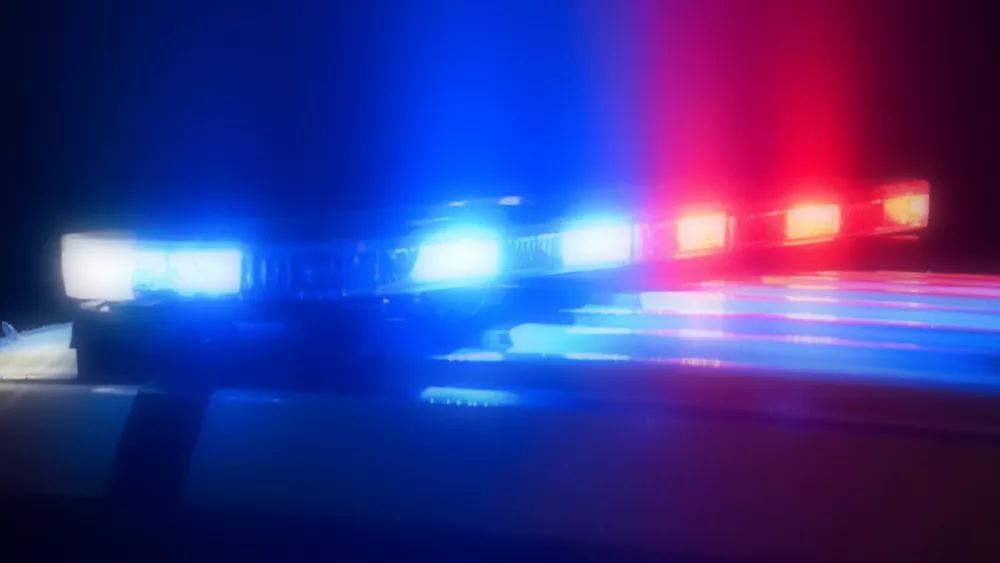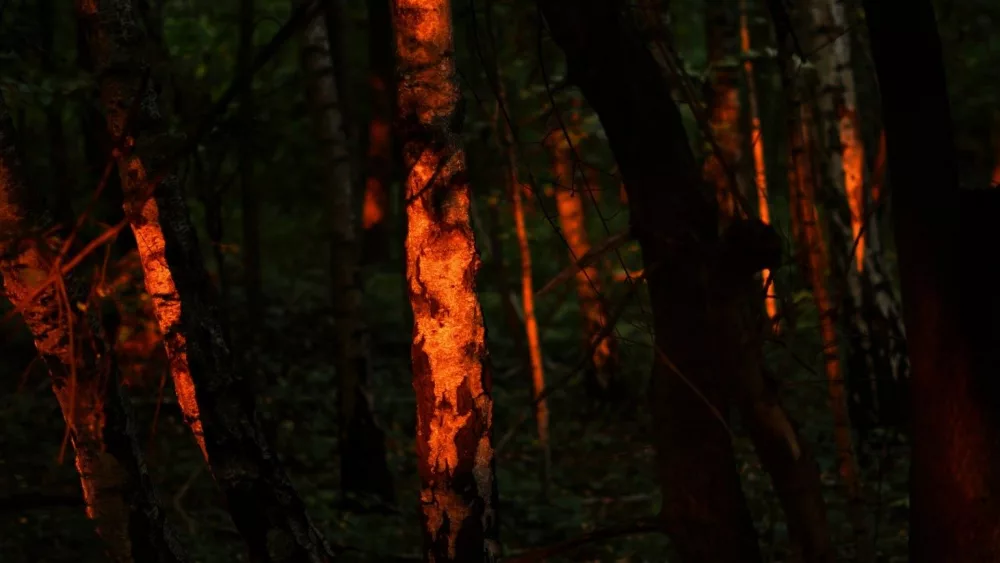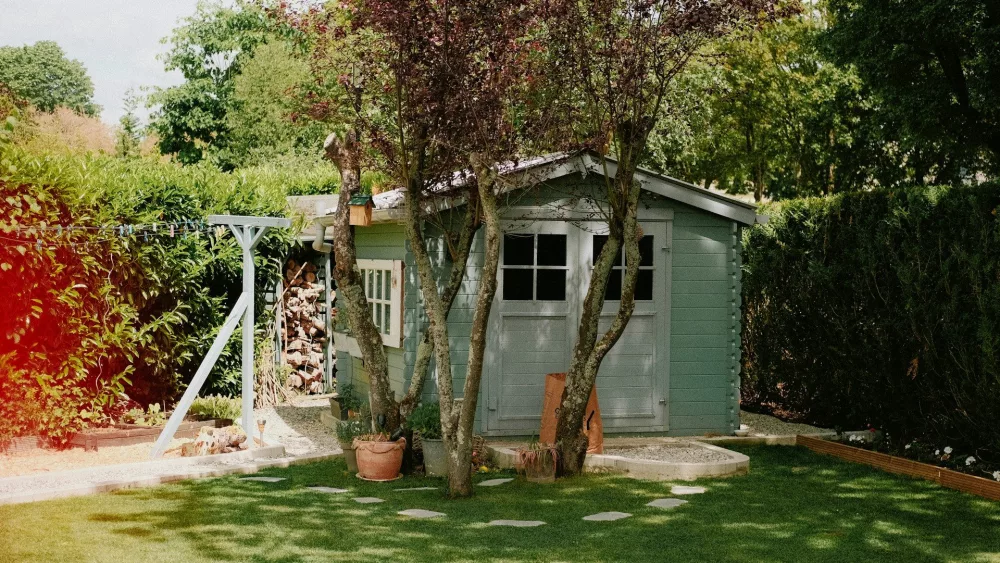Several opponents testified the bill violates free speech rights and threatens the LGBTQ community
A bill designed to restrict minors from attending drag, burlesque and erotic dancing shows that has been criticized for potentially violating free speech rights is heading to the floor of the Idaho House of Representatives for a vote.
Opponents also said the bill spreads misconceptions about performance art and drag and marginalizes members of the LGBTQ community.
The bill is a replacement for House Bill 231, which was written by representatives from the Idaho Family Policy Center, a conservative Christian policy and research group. The new bill corrects some clerical errors from the original bill, which was introduced on Monday, and will receive its own bill number and be posted on the Idaho Legislature’s website later Thursday or on Friday.
The bill would also prohibit live shows featuring “sexual conduct” from being staged in public venues or facilities, such as city, county or state parks, or city, county or state-owned venues or performing arts centers.
Such shows with sexual conduct could still take place, but only on private property and only when organizers took steps to restrict minors from attending, such as checking IDs.
If the bill is passed into law, it would create a so-called “private cause of action” clause that would allow children who witnessed such live shows or their parents to sue for $10,000 for each violation of the bill. Other bills written by the Idaho Family Policy Center also include clauses that allow people to sue, including Senate Bill 1309 from 2022, the civil enforcement abortion law that allows family members to sue the medical professional who performs an abortion after cardiac activity is detected.
Idaho Family Policy Center President Blaine Conzatti told legislators Thursday the new bill dealing with sexual conduct in live shows does not target a specific type of performance but applies equally to drag shows, burlesque and erotic dancing that features sexual conduct.
“It doesn’t matter whether we’re talking about sexually explicit striptease or a sexually explicit drag show, neither belongs in a public park and neither belongs in a public facility or any other place where any children are present,” Conzatti said.
Last year, Conzatti pledged to bring a bill banning drag shows in public performances after Idaho Republican Party Chairwoman Dorothy Moon called on businesses to boycott the September 2022 Boise Pride festival, which originally included a drag kids performance that was canceled.
Conzatti told legislators Thursday his bill would not apply to Shakespearanian performances that include humorous, gender-bending roles, cheerleading performances or comedies such as “Mrs. Doubtfire,” which featured a male character dressing up as a woman.
The drag shows bill includes a clause that says the show or performance would have to be “patently offensive to an average person applying contemporary community standards in the adult community as a whole with respect to what is suitable for minors.”
Several opponents of the bill said one of the bill’s definitions of sexual conduct specifically targets drag shows. One of the definitions in the bill is, “Sexually provocative dances or gestures performed with accessories that exaggerate male or female primary or secondary sexual characteristics.”
Drag performers visited the Idaho State Capitol to speak out in opposition to the bill
Several drag performers testified in opposition to the bill during a public hearing on the bill Thursday morning at the Idaho State Capitol in Boise.
Riley Burrows, a 22-year-old full-time drag queen who began performing at age 16, told legislators the drag community is a supportive community filled with love, glamor, fashion and talent that allows people to express themselves through their artwork.
“I have gotten to travel the country and spread my art and my experience with so many people, including young people and getting to see what drag means to them,” Burrows said.
Burrows told legislators the bill would further alienate queer people and fuel misconceptions of what drag is.
“Our art form has recently been titled as ‘sexually exploitative’ and ‘child grooming,’ which I feel is a very harmful image to be putting out there,” Burrows said.
“Drag is not an exploitation, it is embracing. It is a love letter to yourself and accepting who you really are without having the world beat you down for it,” Burrows added.
Jessica Strebe, a mother of two and drag king, also testified in opposition to the bill. Strebe told legislators one of the problems with the bill is different parents may have very different ideas of what is appropriate for minor children.
“I can tell you there are parents out there who believe just being queer in a public place is inappropriate; that two women kissing is inappropriate; that wearing the clothing opposite to the gender assigned to you at birth is inappropriate,” Strebe told legislators. “So what is the community standard when part of the community feels that your mere existence is inappropriate?”
Strebe said the bill puts all performance art in public spaces on the line.
Amy Dundon of the American Civil Liberties Union of Idaho also opposed the bill, saying it is a “content based restriction on free speech.”
In the end, the House State Affairs Committee sent the new, replacement version of the drag shows bill to the House floor with a do-pass recommendation. Committee members also voted to hold House Bill 231, effectively killing it, because the replacement bill is moving forward.
The new drag shows bill could reach the House floor for a vote early next week, or sooner if legislators fast-track it. If a majority of members of the Idaho House vote to pass the bill, it would go to the Idaho Senate next for consideration. If both the Idaho House and Idaho Senate pass the bill, it would go to Gov Brad Little for final consideration. Little could sign the bill into law, allow it to become law without his signature or veto it.



